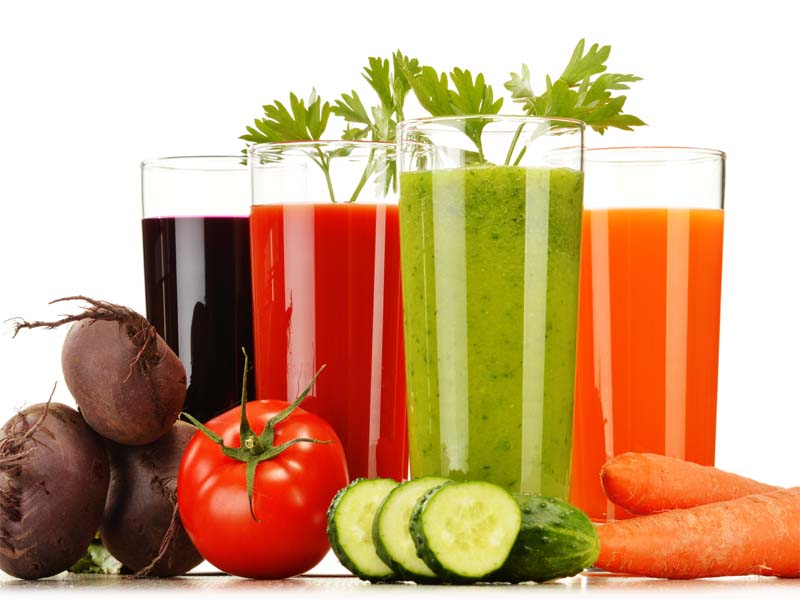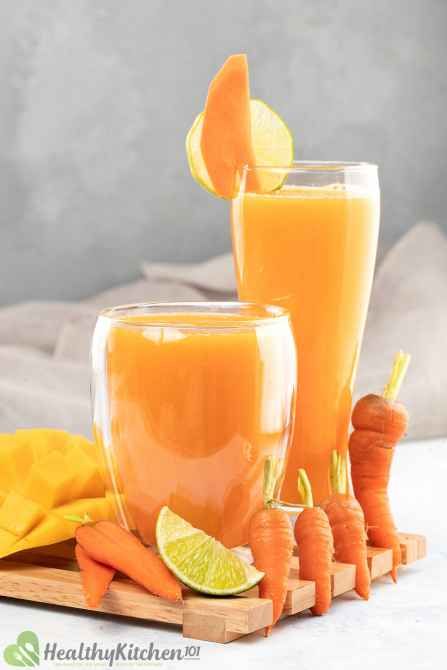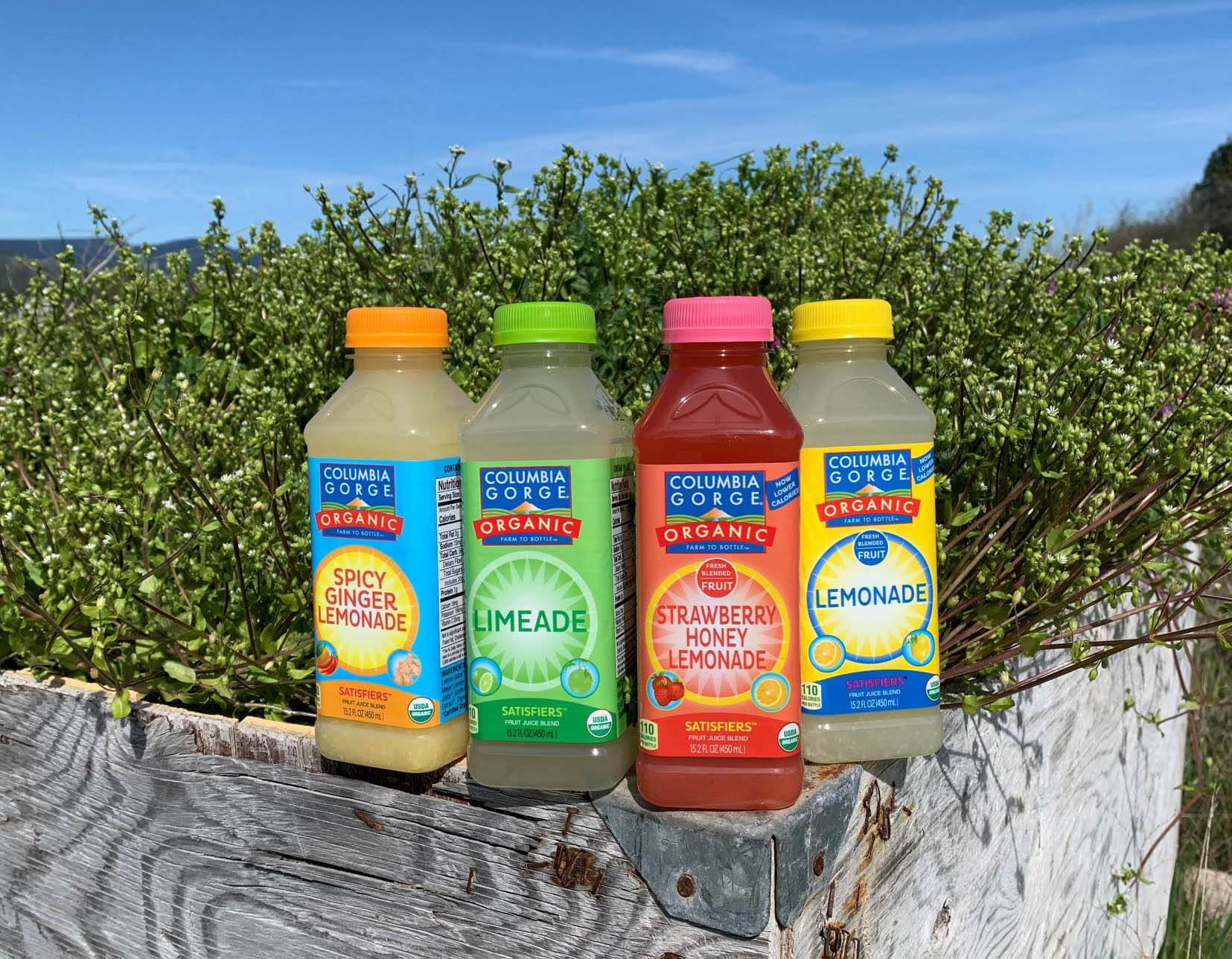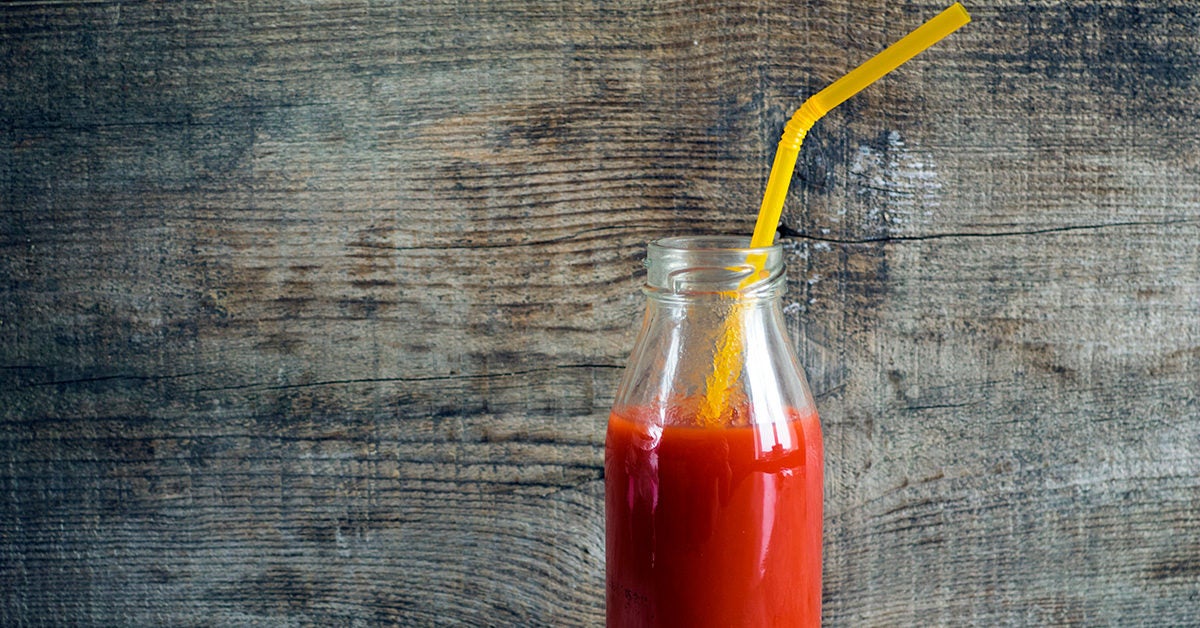


Mint contains essential nutrients, such as vitamins A, B6, and C. You can eat or drink the juice of 1-2 cups of the fruit. Recommended Daily IntakeĮating 3 or more servings of fruits may help reduce the risk of age-related macular degeneration ( 29).
#Good juices skin
All these have anti-inflammatory effects on your body, prevent cardiovascular risks, and keep the skin glowing ( 28). Pineapple is rich in essential enzymes and nutrients, such as vitamins B1, B2 B3, B6, and C, along with magnesium, potassium, bromelain, and dietary fiber. You may have a smoothie made with 1-2 bananas every day. A study found that women who had a low daily intake of proteins, potassium, and vitamins A and C had wrinkled skin ( 27). It is also rich in vitamins A, B6, C, and D ( 26). Banana JuiceĪ single banana can provide your body with 23% of the total potassium needed on a daily basis. Hence, you may drink the juice of half a grapefruit every day. Half a grapefruit (about 154 grams) offers 100% of the daily value (DV) of vitamin C, 8% of the DV of fiber, and 35% of the DV of vitamin A ( 25). Pregnant women and lactating mothers avoid taking ginger without consulting the doctor. However, it is recommended to consult a dietitian or a doctor to know the right amount of ginger you should consume, depending on your body’s needs and condition. Recommended Daily Intakeĭaily intake of 2-4 grams of ginger can help prevent chronic diseases ( 21). This can help prevent inflammatory health issues and also keep the skin healthy. Ginger contains gingerol and other antioxidants that can help prevent UVB-induced oxidative stress and decrease inflammation ( 20).

You may have 2-2 ½ cups of broccoli (juiced or blanched or microwaved) every day. These can protect your skin from photoaging, oxidative stress, and inflammation ( 6). Broccoli Juiceīroccoli is rich in vitamins C and E, flavonoids, carotenoids, and polyphenols ( 19). However, if you have a pre-existing health condition, do not forget to consult your doctor and dietitian. You may drink or eat 1 ½-2 cups of grape juice or the berries. The antioxidants in the grape seed extracts can bond with collagen and prevent premature aging ( 17), ( 18). It can improve neurocognitive function and was found to improve memory decline in older adults. Grapes contain polyphenols and flavonoids (that are mainly contained in the seeds and the skin) that have anti-inflammatory and antioxidants effects. Spinach contains high levels of purine, and excessive purines can increase your uric acid levels. However, if you have joint issues, consult your nutritionist or the doctor about your spinach intake. You can eat or drink the juice of 2-2 ½ cups of spinach every day. It also contains omega-3 fatty acids and other anti-inflammatory compounds that can help maintain overall health and skin health ( 16). Spinach, whether raw or cooked, is rich in antioxidants, vitamins, minerals, and dietary fiber. You may have 1 or 2 cups of papaya (whole fruit or juice) or consume it as directed by your dietitian. Cucumber contains 95% water and is rich in beta-carotene, flavonoids, vitamin K, and lignans that provide vital nutrients to your body and improve cell functioning ( 13). Consuming cucumber or cucumber juice is the best way to replenish water levels in your body and keep your skin glowing. Otherwise, your skin will look dull and lifeless. The cells in your body need hydration from within. You may have 1 ½-2 cups of the fruit every day, depending on your age, or follow the daily recommendations suggested by your dietitian. Orange juice is found to reduce the risk of cardiovascular conditions (due to its anti-inflammatory effects) ( 12). It is rich in flavonoids that reduce inflammation and oxidative stress.

Orange juice, like any other citrus juice, is rich in vitamin C (ascorbic acid), which is a potent antioxidant that keeps your skin healthy. You may eat 2 cups of pomegranate each day as recommended by the USDA or consult a dietitian for the right dosage.


 0 kommentar(er)
0 kommentar(er)
